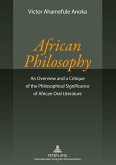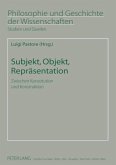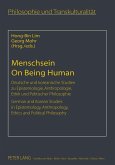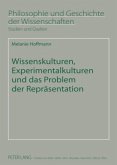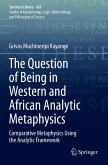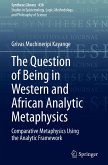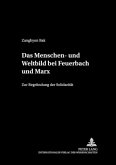The major problem of philosophy is that of its nature. Is it a universal discourse or a cultural phenomenon? This question, in Western philosophy, has been approached from two dimensions. The universalists and the pragmatists. Most analytical philosophers think that philosophy is universal. The pragmatists oppose them and posit that every philosophy has a cultural origin and is ethnocentric. In African Philosophy the debate about the nature of philosophy is between the universalists and the traditionalists. The universalists conceive philosophy as a theoretical discipline with universal character. The traditionalists on their own are made up of professional philosophers and as well as some other African intellectuals. The argument of the traditionalists is that African Philosophy can be extracted from African peoples' morality, oral tradition, ethics, religion, folklore; in short from their collective world views or metaphysics. Within the context of this debate this book outlines the challenge of African Philosophy to the universality of Western philosophy. It is anchored on Rorty's anti-universalist conception of philosophy which deconstructs the notion of "general theory of representation" and instead postulates "cultural genre" and "social practice" as modes of philosophical investigation.
Bitte wählen Sie Ihr Anliegen aus.
Rechnungen
Retourenschein anfordern
Bestellstatus
Storno


